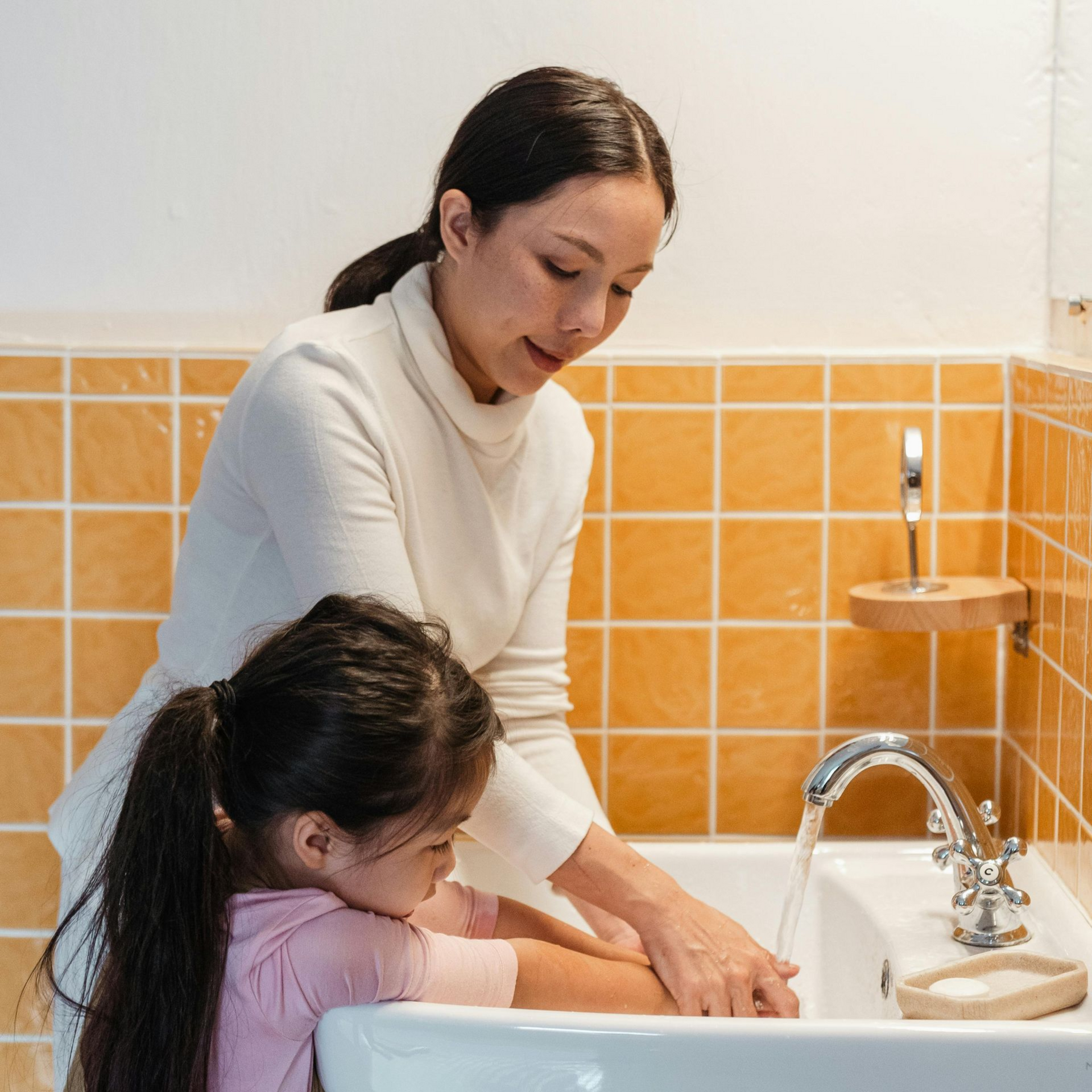
“If my child ‘graduates’ from ABA… does that mean they no longer need support?” ABA done well has a goal: Help a child gain meaningful, functional skills so they can be as independent and confident as possible—not to change who they are, but to help them thrive in a world that was not designed with neurodiversity in mind.

Because every child deserves support — and so do the adults who love them. Behind every child receiving thoughtful support is an adult working tirelessly to create stability, structure, and opportunity. Those efforts are powerful — but they also require energy, time, and emotional bandwidth. Caregivers deserve a system of support, too.

Summer vacations, spring break, or visits to relatives in the winter - it seems that there is always one special day or another coming up regardless of the month. “If I had to pick one take away that can have an affect on the neurodiverse populations we work with during holidays, that would be consistency,” shared Clinical Director Sumita Argianas, “do your best to maintain the routine and listen to your child’s input, everyone deserves to enjoy the holidays and with thoughtful planning, everyone can".

This is the second in our series on ABA in the daycare setting. To read our first post on in this series click here ! Choosing where your child receives ABA therapy is a personal decision, and one that often intersects with real-life needs: work schedules, childcare availability, commuting realities, and a child’s comfort in familiar spaces. For many families, daycare becomes the place where their child learns, grows, and now also receives individualized therapeutic support. This article explains what ABA therapy looks like inside a daycare day, what your child might work on, and why a daycare environment, with all its noise and energy and rhythm, may actually be one of the most effective spaces for meaningful growth.

This is our first article in our series on ABA in the daycare or parochial setting. You can read our parent's guide to daycare/parochial ABA here ! At Vilij ABA, we believe growth happens best in community—where children can learn, laugh, practice, and belong alongside their peers. Many parents and caregivers may not know that ABA services can provide additional support in the daycare and parochial school settings. Note: This article is for general information, not insurance or legal advice. For the most accurate and up to date information, reach out to your insurance plan sponsor for more information.

You’ve got enough on your plate. Here’s a skimmable guide to open enrollment in Illinois—what changed this year, what to check in your plan, and how to make sure your child’s therapies (including ABA) keep moving forward. Note: Open enrollment is here in Illinois. Whether your child is on Medicaid/All Kids or a workplace/Marketplace plan , this quick guide shows what to check, what changed, and how to keep ABA and other therapies covered.

When a child has a lot to say but speech isn’t their easiest path, AAC —Augmentative and Alternative Communication—opens doors. AAC simply means “all the ways someone communicates besides talking,” from pictures and gestures to robust speech-generating devices (SGDs). It’s for kids of all ages who benefit from more ways to be heard. At Vilij, we’re neurodivergent-affirming. Our goal isn’t to change who your child is—it’s to expand ways to be heard , build functional living skills, and support independence. Being nonspeaking does not mean “non-communicative.” We honor every form of communication and help families grow it.

Potty training often feels like one of the biggest—and most intimidating—milestones in a toddler’s life. Parents are left wondering: Is it too soon? How do I know if my child is ready? What if they resist? The truth is, there’s no one-size-fits-all approach. Some children take to it quickly, while others need more time. And for kids with autism, the path to readiness may look even more unique. The encouraging news? When you begin toilet training at the right moment—when your child shows genuine signs of being ready—you’re laying the foundation for success. This is the first part in our series on potty training, to read the other articles in our series: Toilet training in the community Nighttime toilet training


